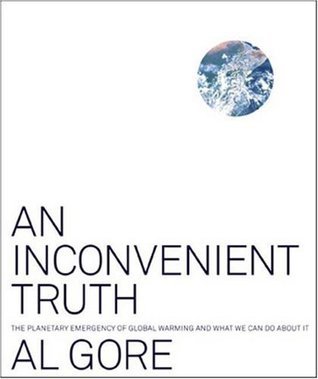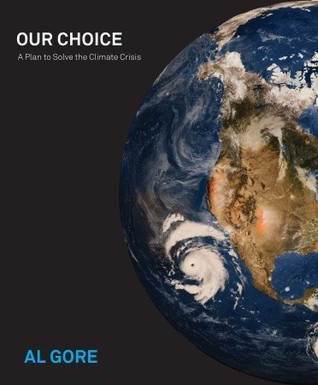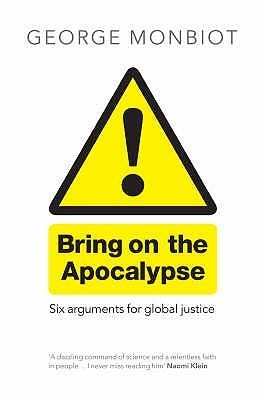
This Changes Everything: Capitalism vs. The Climate
Book Description
Disaster and denial collide in a world teetering on the brink of ecological collapse. Naomi Klein’s ‘This Changes Everything: Capitalism vs. The Climate’ exposes the ruthless machinery of capitalism that fuels climate chaos, revealing the stark choices humanity faces. Through gripping narratives and unflinching analysis, she challenges the relentless pursuit of profit that jeopardizes our planet's future. As hope flickers in the darkest corners of despair, a rallying cry emerges for radical change. What will it take for society to choose survival over profit and forge a new path toward a sustainable future?
Quick Book Summary
Naomi Klein’s "This Changes Everything: Capitalism vs. The Climate" argues that addressing climate change requires confronting the fundamental principles of unregulated capitalism. Klein contends that the capitalist emphasis on endless growth, deregulation, and profit directly drives environmental destruction and accelerates climate crises. Through detailed reporting and analysis, she exposes how powerful corporations and complicit governments have blocked meaningful climate action while exploiting the crisis for gain. However, Klein also highlights grassroots movements and social activism as sources of hope, asserting that systemic change, not small-scale reforms, is essential to prevent ecological disaster. Ultimately, the book is a passionate call for building a more just, sustainable economy that prioritizes the planet and people over profit.
Summary of Key Ideas
Table of Contents
Capitalism’s Role in the Climate Crisis
Naomi Klein traces the origins of the climate crisis to the dominant economic system of deregulated capitalism. She explains how the relentless pursuit of profit, extractive industries, and global trade have led to record emissions and environmental devastation. Rather than being an inevitable byproduct, Klein demonstrates that climate change is the logical outcome of a system built on exploitation and inequality, in which nature is treated as a limitless resource to be consumed. This section sets the foundation by framing the crisis as systemic, not just technological or political.
The Myth of Market Solutions
Many policymakers and corporate leaders argue that market-based mechanisms, such as carbon trading and geoengineering, can deliver climate solutions without disrupting business as usual. Klein deconstructs these approaches, exposing their ineffectiveness and potential to deepen inequality. She demonstrates how these so-called solutions allow polluters to continue emitting while shifting risks onto vulnerable communities. The illusion of market solutions, she argues, ultimately delays real action and reinforces the very logic that created the climate problem.
Fossil Fuel Industry vs. Environmental Justice
A central focus of the book is the power and influence of the fossil fuel industry, which Klein details through case studies of lobbying, propaganda, and aggressive legal action against activists. She highlights how this industry systematically blocks policy changes and justice-oriented initiatives, often with the support of governments. The narrative examines indigenous and frontline communities who resist extraction projects, emphasizing their leadership in the fight for climate justice and their vulnerability to corporate power and environmental harm.
Grassroots Movements and Collective Action
Klein’s hopeful analysis highlights a surge in grassroots movements around the world, from divestment campaigns to direct action against infrastructure. She documents how diverse communities are building coalitions, challenging corporate power, and envisioning alternative economies rooted in democracy, equity, and care for the planet. The momentum of bottom-up organizing, she asserts, is what gives the climate movement its greatest strength—demonstrating new possibilities for social and political transformation beyond incremental reform.
Envisioning a Sustainable Future
The final section argues that genuine climate solutions demand a profound economic and social transformation. Klein calls for ambitious policies such as investment in renewable energy, public infrastructure, and reimagined systems of agriculture, transportation, and development. She draws on historical examples where societies mobilized in the face of existential threats, arguing that only an urgent, collective response can tackle the climate emergency. Ultimately, Klein’s book is both a critique of the failures of the current system and a rallying call for a new paradigm centered on justice, sustainability, and solidarity.
Download This Summary
Get a free PDF of this summary instantly — no email required.





